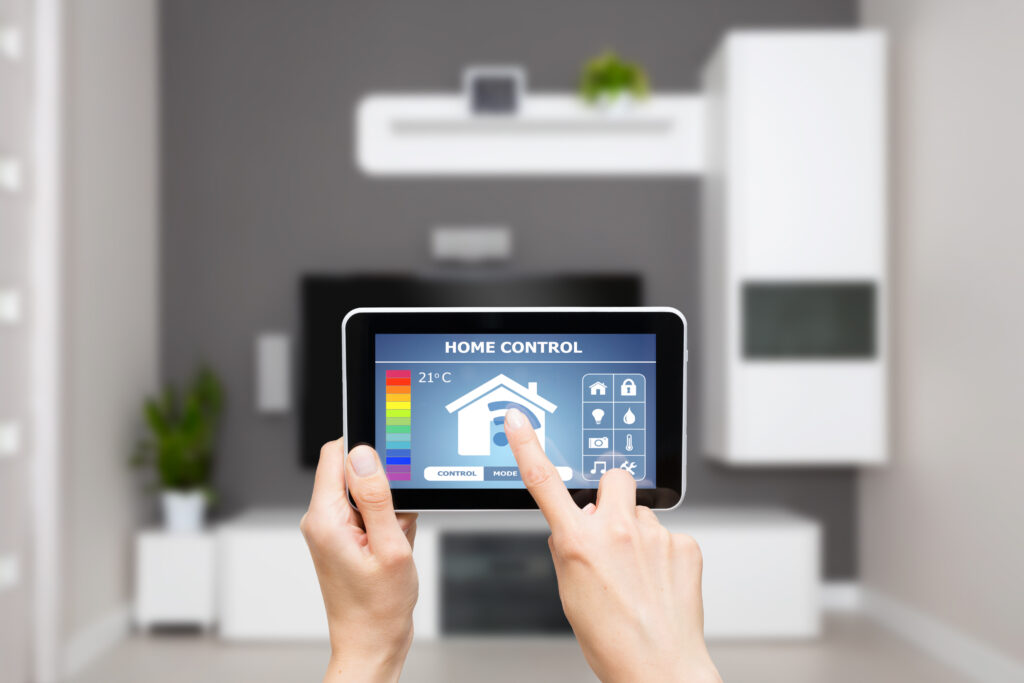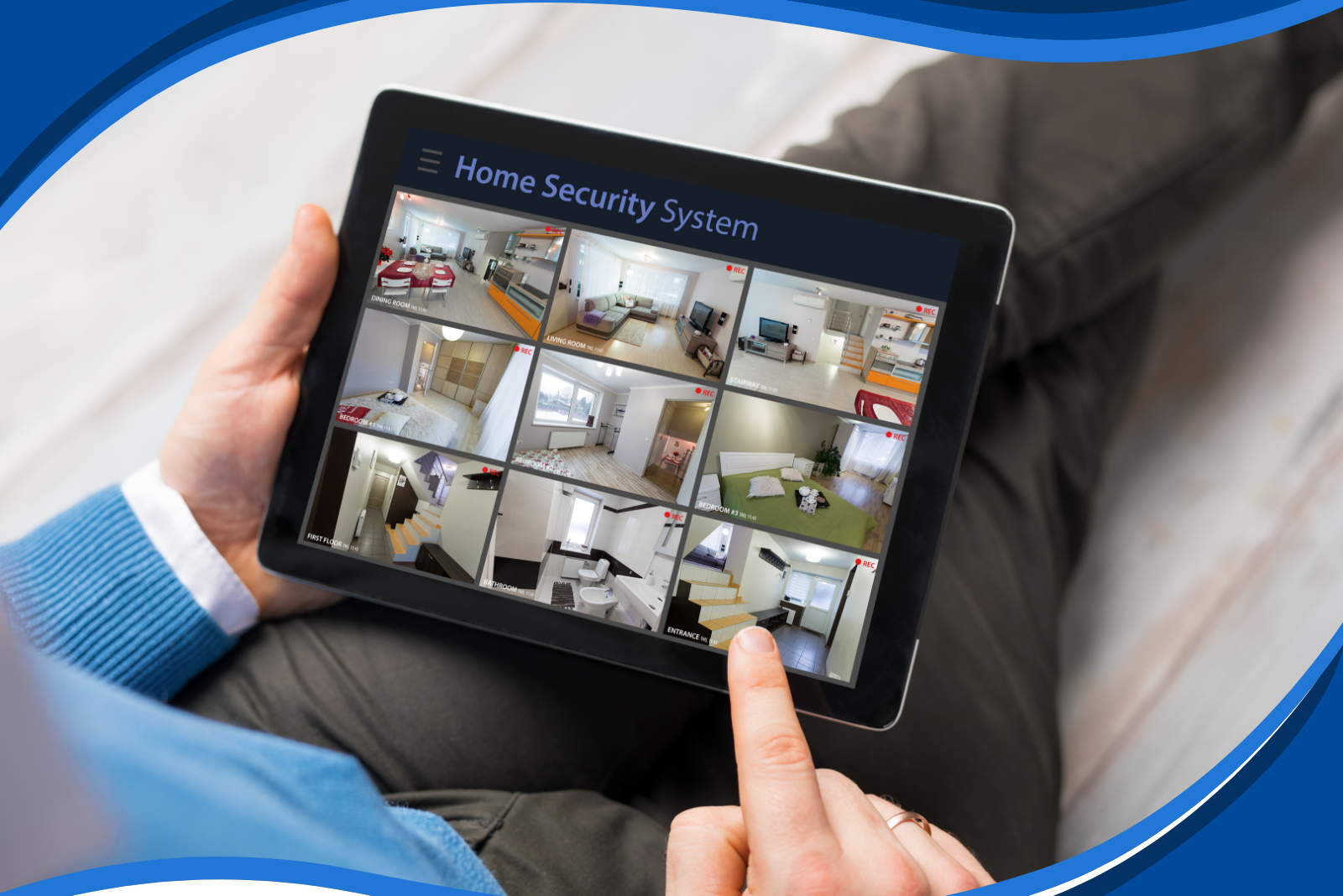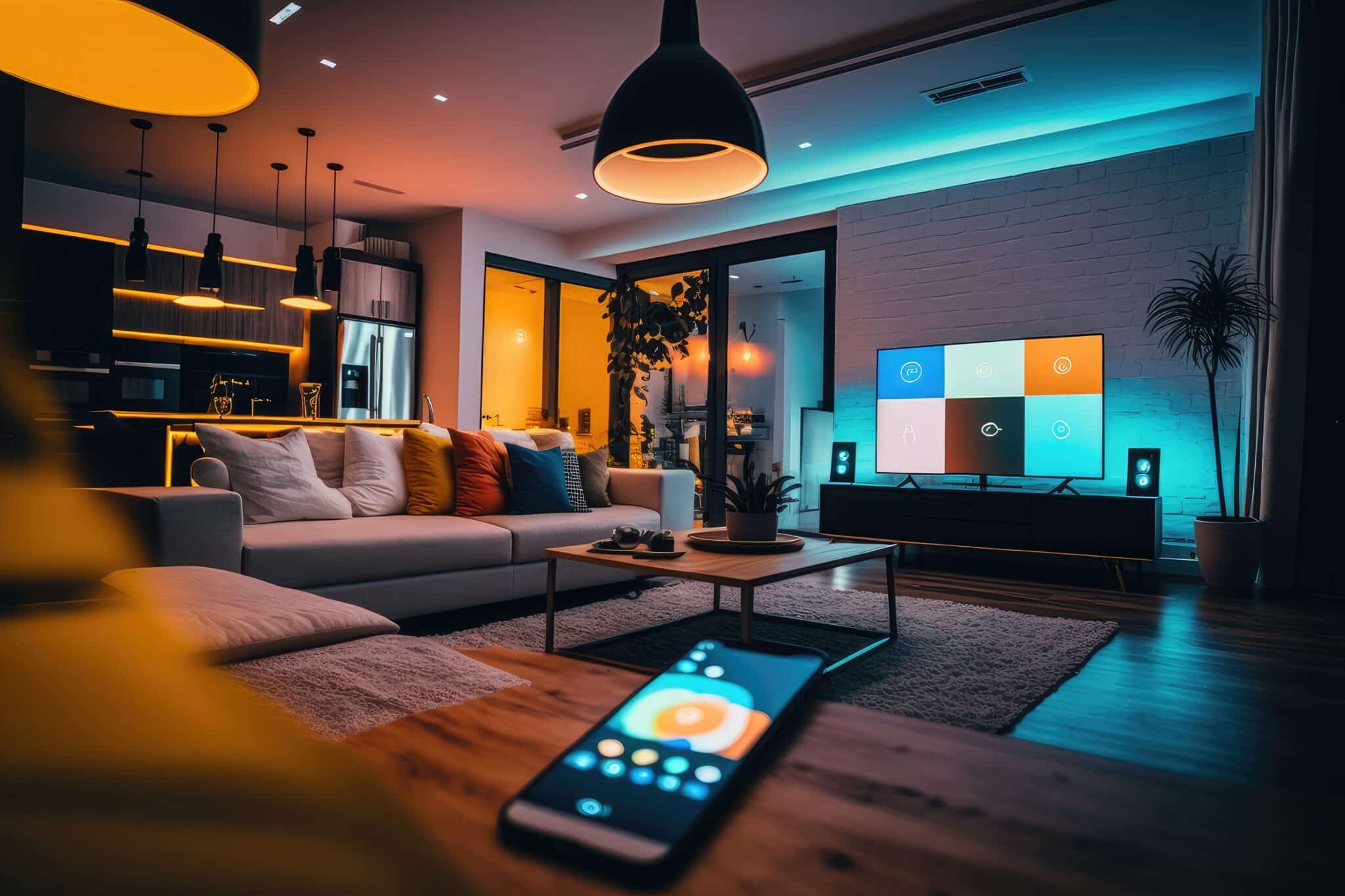"Smart Homes, Smart Living: 5 Gadgets That Will Change Your Life"
Home automation, often referred to as smart home technology, involves the integration of various devices and systems within a home to enhance convenience, security, and energy efficiency. By connecting appliances, lighting, heating, and security systems to a central hub, homeowners can control and monitor their environment remotely through smartphones, tablets, or computers.
Benefits of Home Automation
Convenience: Smart home devices allow for easy control of various aspects of your home. You can manage lights, thermostats, and appliances remotely, eliminating the need for manual adjustments [1].
Energy Efficiency: Smart thermostats and lighting systems optimize energy usage based on occupancy and time of day, leading to reduced energy consumption and lower utility bills [1].
Enhanced Security: Smart security systems provide remote monitoring through cameras and motion sensors, allowing homeowners to receive real-time alerts and take action if suspicious activity is detected [1].
Safety Features: Devices like smart smoke detectors and water leak sensors offer early warnings in emergencies, helping to prevent potential disasters [1].
Remote Monitoring: Whether at work or on vacation, homeowners can monitor and control their homes remotely, adjusting settings and checking security feeds as needed [1].
Customization: Many smart home systems allow for personalized settings, enabling users to create schedules and routines that align with their daily activities [1].
Accessibility: Smart home technology can significantly improve accessibility for individuals with disabilities or limited mobility, making it easier to interact with their environment [1].
Increased Home Value: Integrating smart home technology can potentially increase the resale value of a property, as many buyers are interested in homes equipped with modern automation features [1].
Time Savings: Automation can streamline routine tasks, such as using a smart vacuum to clean floors while you focus on other activities [1].
Maintenance Alerts: Smart devices can notify homeowners when maintenance is needed, helping them stay on top of necessary tasks [1].
Examples of Home Automation Devices
Smart Thermostats: Devices like the Ecobee or Nest learn your schedule and adjust heating and cooling accordingly, optimizing energy use.
Smart Security Cameras: Products such as Ring or Arlo allow for remote monitoring and alerting of any unusual activity around your home.
Smart Lighting: Systems like Philips Hue enable you to control lighting remotely, set schedules, and even change colors based on your mood or time of day.
Smart Appliances: Wi-Fi-enabled appliances, such as refrigerators and ovens, can be monitored and controlled remotely, ensuring they operate efficiently.
Conclusion
Home automation offers numerous benefits, from increased convenience and energy efficiency to enhanced security and safety. As technology continues to evolve, the possibilities for smart home integration will only expand, making it an appealing option for homeowners looking to improve their living environments.








